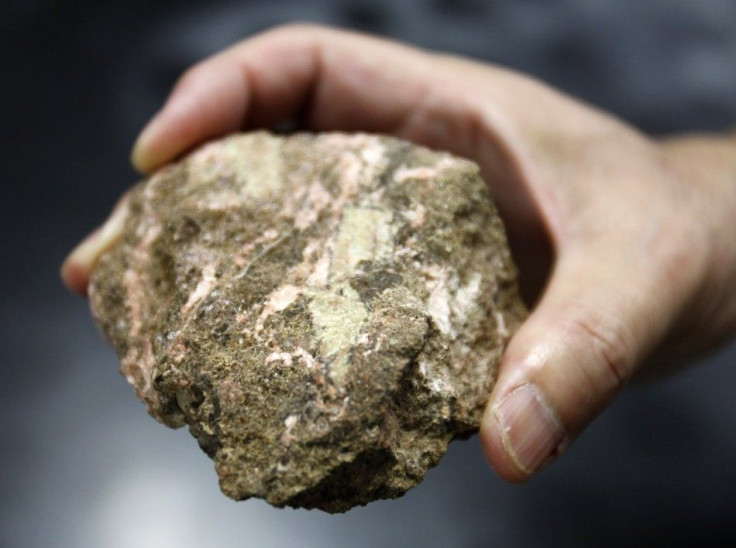Australian Lynas Rare Earths Hit After China Lifts Exports Restrictions

Shares of Australian rare earths miner Lynas Corp (LYC) took a beating on Tuesday after China announced it will remove the quotas it had imposed on exports of its rare earths. Its shares dropped 8.8 percent to 6.2 cents.
China's Ministry of Commerce recently issued a new set of guidelines for 2015 stating its rare earths sold abroad "will no longer be covered by a quota." Lynas was one of the corporations that responded to the global uproar when China imposed the exports control in 2009. Countries scrambled to look for alternatives, while others poured over research as to how they can recycle used rare earths magnets used on certain technological advancements.
In 2012, the United States, the European Union and Japan filed a complaint before the World Trade Organisation, claiming Beijing's exports controls of its rare earths commodities was unfair and that it had been primarily concocted to benefit its domestic industries. They further pointed out such schemes had made the products increasingly expensive. Prices of tungsten and molybdenum, spurred by reduced domestic production and export quotas, jumped over 530 percent higher in 2011 and these further jacked up in 2012.
China had repeatedly argued it needed to implement the reduced rare earths production and resulting export curbs to regulate its domestic industry, which was hounded by illegal rare earths miners, as well as protect its suffering environment. But it failed to justify to the WTO the essence of its export quotas. In 2014, the WTO ruled China must scrap the controls, to which the latter agreed.
The resumption of China's unlimited rare earths exports is expected to affect the number of companies, Lynas included, which blossomed following the 2009 restrictions. China's resurgence is also expected to further dampen Lynas, which already had a torrid performance in 2014.
In September, Lynas launched a deeply discounted issue to raise $83 million, much to the chagrin of investors. Apart from that, the company needed to renegotiate with its Japan-based backers, trading house Sojitz and energy group Japan Oil, Gas and Metals Corporation, its $225 million debt facility.
Such decisions forced Lynas founder and outgoing chairman Nicholas Curtis to apologise to shareholders in November. He admitted the company's rare earths project has been "far costlier" than he had imagined, according to the Australian Business Review.
Read: China Lifts Up Rare Earths Exports Controls After Losing WTO Complaint






